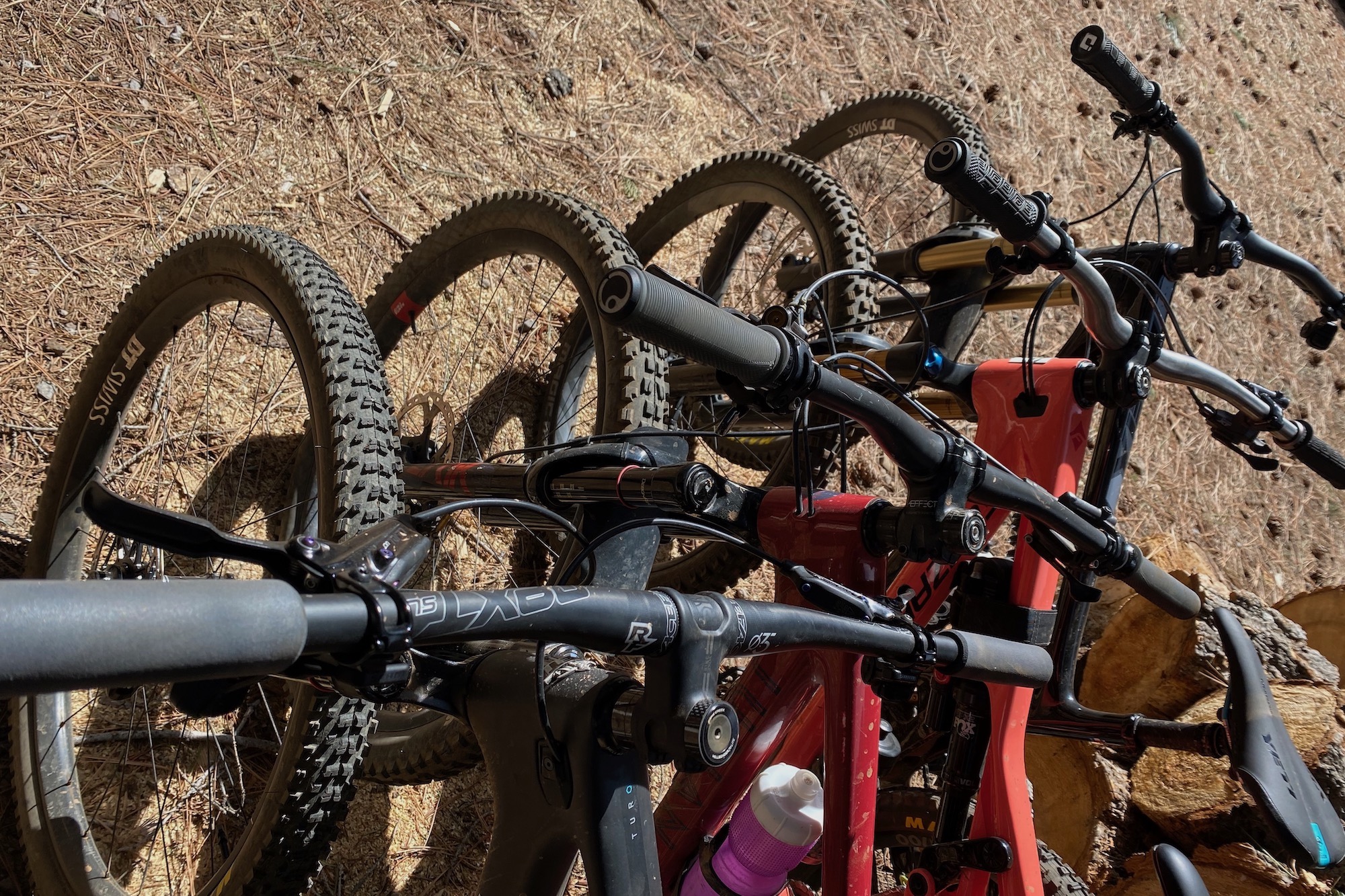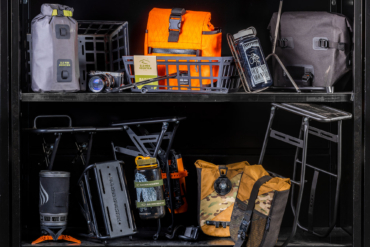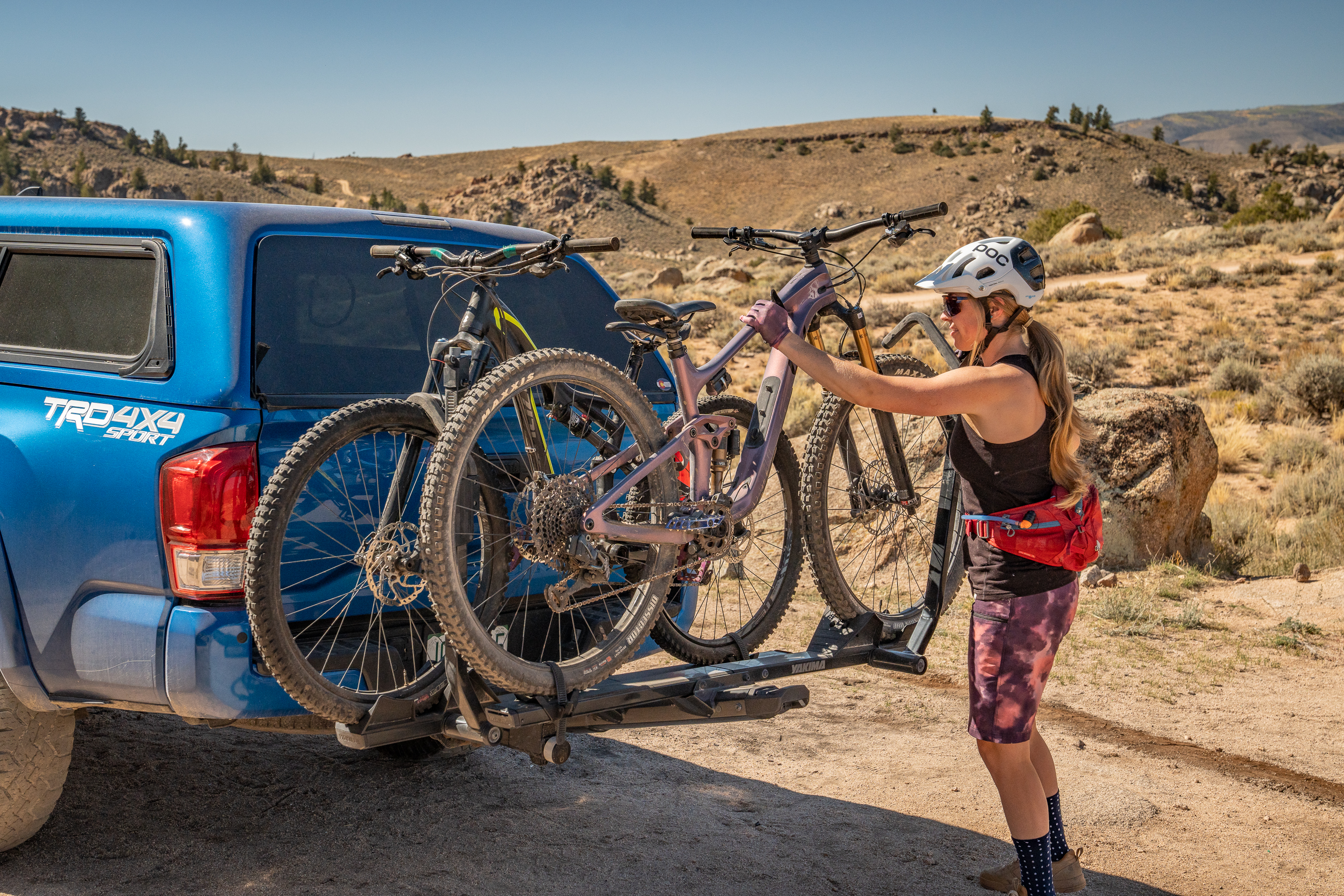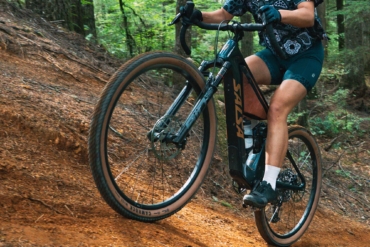Compliance arguably affects mountain biking the most. The obstacles we seek to ride over and around make the discipline the most engaging but also the most punishing.
Mountain bikers and bike brands spend much effort and resources mitigating hits and vibrations through suspension. For most riders, the front suspension makes more of a tactile difference in comfort than the rear suspension. Most riders stand to get through or over larger terrain obstacles.
Other significant factors can also be adjusted to tweak a personal level of compliance. Tire pressure as well as tire and wheel selection are examples.
But in our quest to empty our wallets, we may overlook one of the terminal links that transfer force to our upper bodies. This includes the lowly handlebar. We rarely scan the specifications for how compliant the handlebar could be and how it may add or subtract to how our bikes handle and perform. With all the other factors affecting total front-end vertical compliance, does it matter?
Also, what is the optimal balance between compliance (for comfort) and stiffness (for control)?

In this video, our sister publication, BikeRumor, teamed up with Faction Bike Studio to perform a legitimate test of handlebars to discern what advantages they may or may not transfer to how a mountain bike feels and handles. In a lab, the team tested 42 carbon, aluminum, and titanium bars of differing clamp diameters for vertical deflection. Faction Bike Studios kept all factors that affected deflection consistent.
Then, the team chose the bars with the most, least, above-average, and below-average vertical deflection for a controlled field test. The venue: a section of the Bromont trails in Quebec, Canada. Three riders rode the same trail, with the same bike and bike settings, and recorded their subjective findings. The riders were unaware of which bar they were testing.
Watch the video to discover how handlebar selection affected control, comfort, and other factors that enhanced or detracted from the riding experience.
Runtime: 13 minutes







